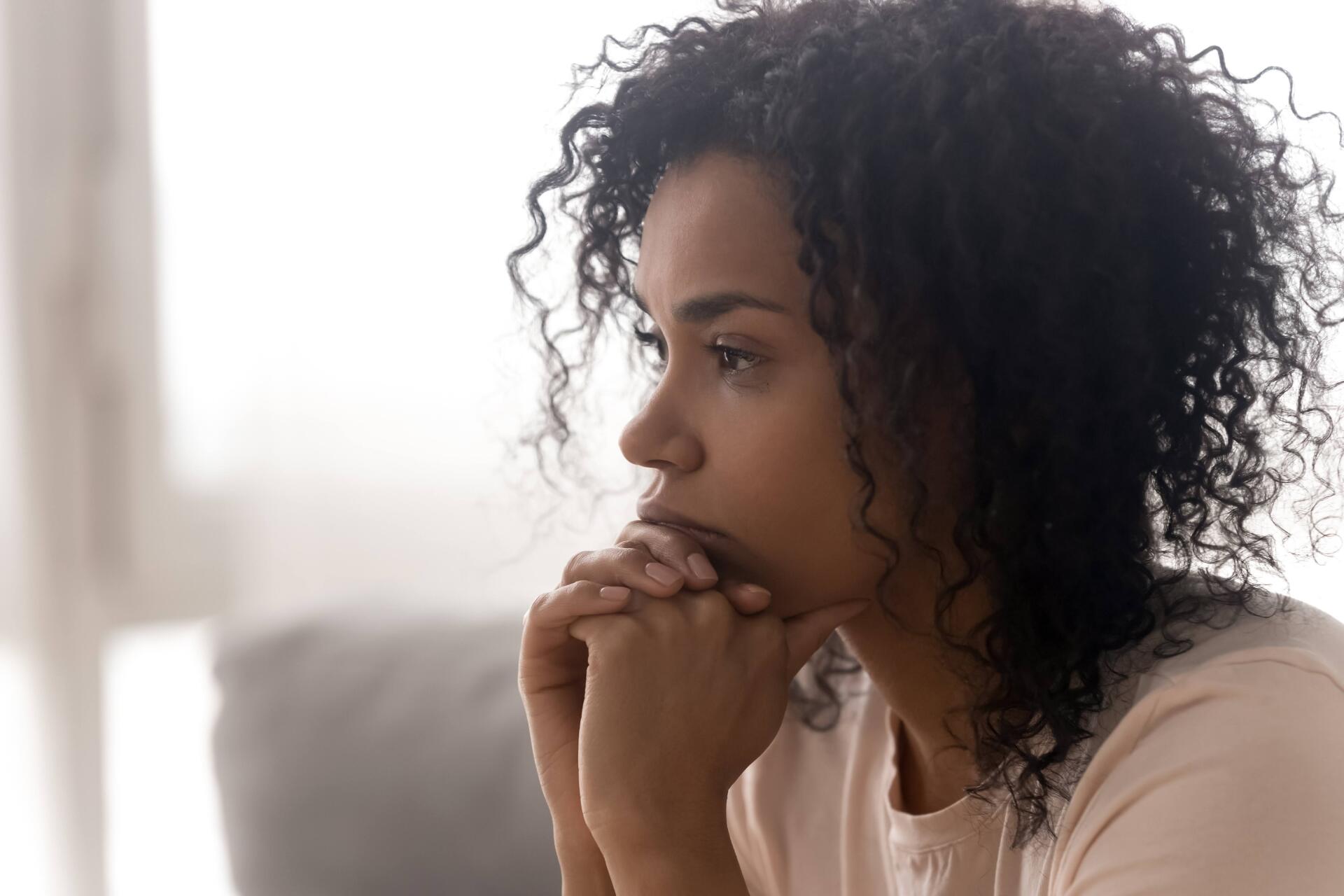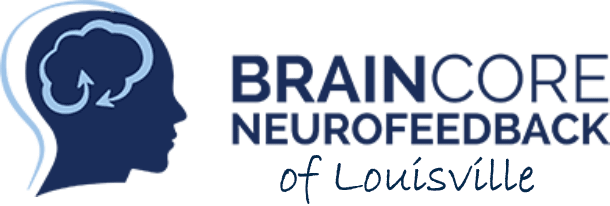Treating Anxiety Without Medication

Anxiety disorders are extremely common. More than 40 million adults in the United States are affected by an anxiety disorder every year, according to the Anxiety & Depression Association of America.
Anxiety symptoms can be difficult to deal with, and many people who suffer from anxiety find relief with medication.
Others may not tolerate medication well or they may be concerned about side effects and dependency. Fortunately, multiple non-pharmaceutical treatment options for anxiety exist, and many people have excellent success with a treatment approach that doesn't include medication.
Therapy
Therapy is often one of the first treatments mental health professionals recommend for people who have an anxiety disorder.
Therapy is very effective for many people, and several different types of therapy exist that help people with anxiety develop understanding and coping skills to deal with their symptoms.
Cognitive-behavioral therapy, or CBT, is the most common therapy modality for people with anxiety and many other disorders. CBT teaches patients strategies to help control negative and ineffective thoughts and behaviors and replace them with coping skills.
Other types of therapy, such as dialectical behavior therapy, acceptance and commitment therapy, and art therapy, can also be helpful for treating anxiety without medication.
Exercise and Diet Changes
Changing your diet and exercise habits can have a profound effect on your anxiety symptoms. Physical exercise releases endorphins and raises your serotonin levels which can improve your mood and help you feel more relaxed.
Painful or intense workouts aren't necessary - light to moderate exercises like walking, dancing, and yoga, can all help ease anxiety. Try for at least 30 minutes of cardiovascular exercise at least three days a week.
What you eat and drink can affect how often and how intensely you experience anxiety symptoms. Consistent meals that are high in protein will help prevent blood sugar spikes and dumps that can exacerbate feelings of anxiety and irritability.
Caffeine is best known as an energy booster, but it can also turn up the volume on anxiety symptoms since it raises heart rate and stimulates the nervous system. Try to steer clear of caffeinated beverages completely, but if you can't ditch them entirely, cut back to one or two cups of coffee or caffeinated soda a day.
Sleep Changes
Adequate, restful sleep to recharge your body and mind is important for everyone, but it's particularly vital for people who suffer from anxiety. Many people who suffer from anxiety also have insomnia, which can often be helped by good sleep habits.
Allow yourself enough time for sleep to get at least seven to eight hours of sleep a night, even if you think you need less. Set a regular bedtime and wake-up time so your body gets used to a sleep schedule, and stay away from screens for at least an hour before bedtime to give yourself time to relax before you try to fall asleep.
Biofeedback and Neurofeedback
Biofeedback and neurofeedback can be helpful treatment methods for many different mental health and brain-related conditions, including anxiety disorders.
Biofeedback teaches patients to control their breathing rate and other physiological responses to lessen the effects of anxiety, like rapid heart rate.
Neurofeedback, also referred to as EEG biofeedback, can be particularly helpful for treating anxiety and teaching people who have anxiety disorders how to calm themselves.
Neurofeedback treatment teaches patients to regulate their brainwaves, which can help them control their anxiety symptoms and reduce panic attacks.
Neurofeedback involves scalp sensors that hook up to a computer to monitor brainwaves. The brainwaves are used to manipulate some form of media, such as a game or movie, and the patient can learn how to order brainwaves more effectively over time.
BrainCore Neurofeedback of Louisville offers neurofeedback treatment to patients of all ages for anxiety, depression, PTSD, insomnia, ADHD, and more. If you struggle with anxiety, contact us today to schedule an appointment.
Browse Our Website
Contact Information
Phone: (502) 203-7766
Email: info@braincorelouisville.com
Address: 13125 Eastpoint Park Blvd
Suite 105 Louisville, KY 40223
Business Hours
Mon-Fri 8:00am - 12:30pm
3:30pm - 6:00pm
Sat 8:00am - 12:00pm
Our Location
Contact Information
Business Hours
Mon-Fri 8:00am - 12:30pm
3:30pm - 6:00pm
Sat 8:00am - 12:00pm
